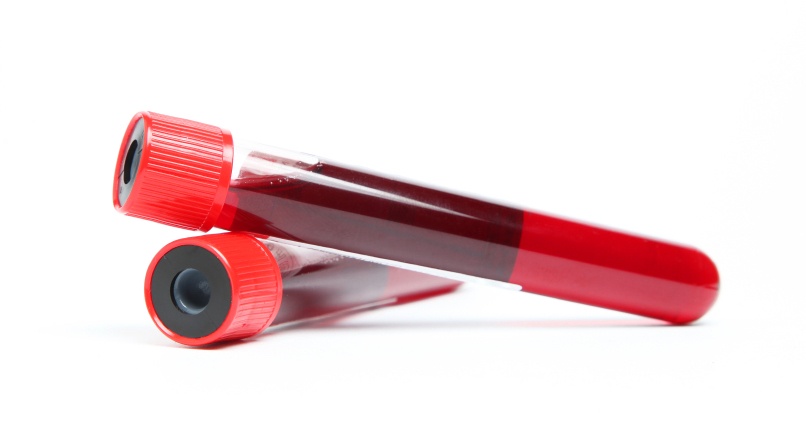
Drunk driving cases are unique in that there is usually little to no physical evidence. In a theft, for example, the prosecution will try to show the stolen property was in the possession of the accused. In OUI/DUI cases, the main questions center around how much alcohol was present in the blood. To determine this, the police collect blood samples and run tests on them.
Blood samples are tested through a process called gas chromatography. This is a complex process that has the potential to yield reliable results, but only if the correct procedures and standards are followed. Often times they are not and it is the job of a highly trained OUI attorney to uncover these any flaws in the procedure and use that to challenge the results. Unfortunately, most attorneys are not aware that these tests can be successfully challenged.
Common Challenges to Blood Evidence
Bad Lab Technicians
Blood tests are conducted by humans and are subject to human error and bias. Many state crime labs are horribly under-staffed causing the technicians to take shortcuts and liberties with the testing. In some cases, results are submitted without any testing at all.
Remember Annie Dookhan? She was a technician at the William A. Hinton State Laboratory Institute in Boston who admitted to tampering with evidence and forging test results. Last year more than 20,000 convictions were dropped because her evidence could not be trusted. The saddest part of all of this is that many people went to jail, paid fines, had their licenses suspended, and face humiliation because of this bad evidence.
Contamination of the Samples
There are very specific guidelines for handling blood samples which police and crime labs must follow to ensure the integrity of the samples. Deviating from those protocols can result in contamination. Here are some questions that need to be asked:
- Is there a clear chain of custody?
- Were the procedures documented correctly?
- Were the tubes transported under the correct protocols?
- Were the samples stored under the proper temperature?
- Were the tubes shaken properly by the technician?
If these procedures were not followed correctly, this may be grounds to challenge the results of the blood test.
Calibration
Testing machines and instruments need to be maintained to ensure they are working properly. Part of that maintenance is making sure the machines are calibrated correctly. This calibration needs to be done as per a predefined schedule which needs to be documented. If the equipment was not calibrated correctly, it could cause the results to be compromised. Just think of the old analog bathroom scales. If the dial is not set to zero, the end result will not be reliable.
Documentation
Even if the testing was done correctly, it has no scientific standing if the procedures were not correctly documented. Without proper documentation, the evidence would be based on “an act of trust”. This is against scientific and legal standards.
Does your Attorney Know how to Challenge Blood Tests?
Not every attorney knows the science behind DUI blood testing. This is not taught in law school. Learning this science takes many years of dedicated study. Attorney Michael Bowser is Board Certified DUI Defense Specialist who has gone through rigorous examinations to earn this certification. He knows the forensic science involved in these cases. Most other lawyers do not.
Call 888-526-9737 now for a free case consultation.


